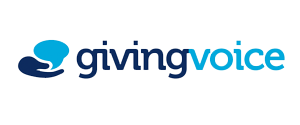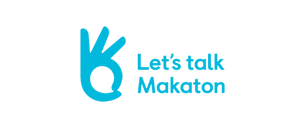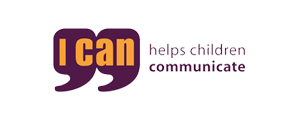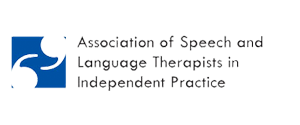What is Cerebral Palsy?
Cerebral palsy affects a child’s muscle tone, movement, coordination and control. It is the result of brain damage during pregnancy, birth or up to two years after the child is born. Cerebral palsy affects gross motor skills such as standing, walking as well as fine motor skills such as holding a cup or writing. Cerebral palsy can affect functions within our body such as breathing, eating, learning and bowel movements. Cerebral palsy is not a progressive condition. There are different types of cerebral palsy:
Spastic cerebral palsy
Is the most common form of cerebral palsy, muscles seem to be stiff and tight causing stiff and exaggerated movement.
Ataxic cerebral palsy
Impacts balance and causes shaky movements as a result of impaired voluntary muscle coordination.
Dyskinetic cerebral palsy
Is separated into two areas:
- Athetoid - Involuntary movements of limbs such as hands, arms and legs.
- Dystonic - Impacts trunk muscle more than limbs and therefore causes a fixed, twisted posture.
Mixed cerebral palsy
A combination of symptoms from spastic, ataxic and dyskinetic cerebral palsy.
How common is Cerebral Palsy?
Research shows that in the United Kingdom approximately 1 in 400 people are affected by cerebral palsy. Children who are born with an average birth weight, it is estimated 1 in a 1,000 will have cerebral palsy, compared to those who are born with a lower than average birth weight, 2 in a 1,000 will have cerebral palsy.
What causes cerebral palsy?
Cerebral palsy is caused by brain damage or impaired development of the brain specific to the areas controlling movement. The damage to the brain or abnormal development can occur during pregnancy, at the birth or in the first few years of childhood. It can be caused by several factors including:
- Periventricular leukomalacia.
- Abnormal development of the brain.
- Intracranial haemorrhage.
- Stroke
- Brain damage during or after birth.
- Infection caught by mother during the pregnancy.
- Mutations in the baby’s genes that can affect development of the brain.
- A premature birth.
What are the signs of Cerebral Palsy?
The symptoms and severity of symptoms of cerebral palsy differ according to the type of cerebral palsy. Some children may only appear to have mild problems while others may be severely disabled. Cerebral palsy can also vary in where it affects a child some children may only be affected on one side of their body whereas others may be affected on both. Some children are only affected in their legs whereas others are affected in their legs and arms.
Symptoms include:
Spastic cerebral palsy
- Hypertonia - weak and stiff muscles.
Dyskinetic cerebral palsy
- Variance between stiffness (hypertonia) and floppiness (hypotonia) due to unconscious ability to contract and relax muscles.
- Uncontrollable body movements.
- Involuntary spasms and body posture.
Ataxic cerebral palsy
- Difficulties with balance.
- Difficulties with coordination.
- Involuntary shaking (tremors).
Mixed cerebral palsy
- One or more features of spastic, dyskinetic and ataxic cerebral palsy.
Speech language and communication difficulties include:
- Speech sound difficulties - due to abnormal muscle tone, muscle coordination and delay / disorder.
- Difficulties with rhythm, intonation, pitch and resonance.
- Difficulties with expressive language.
- Difficulties with swallowing, eating and drinking.
- Difficulties with gross and fine motor skills, such as walking and writing.
How to support Cerebral Palsy?
Our speech and language therapists will work alongside you to create a therapy plan based around your child's individual support needs. Our therapists can carry out observation, assessment and therapy sessions at home, in school and clinic.








